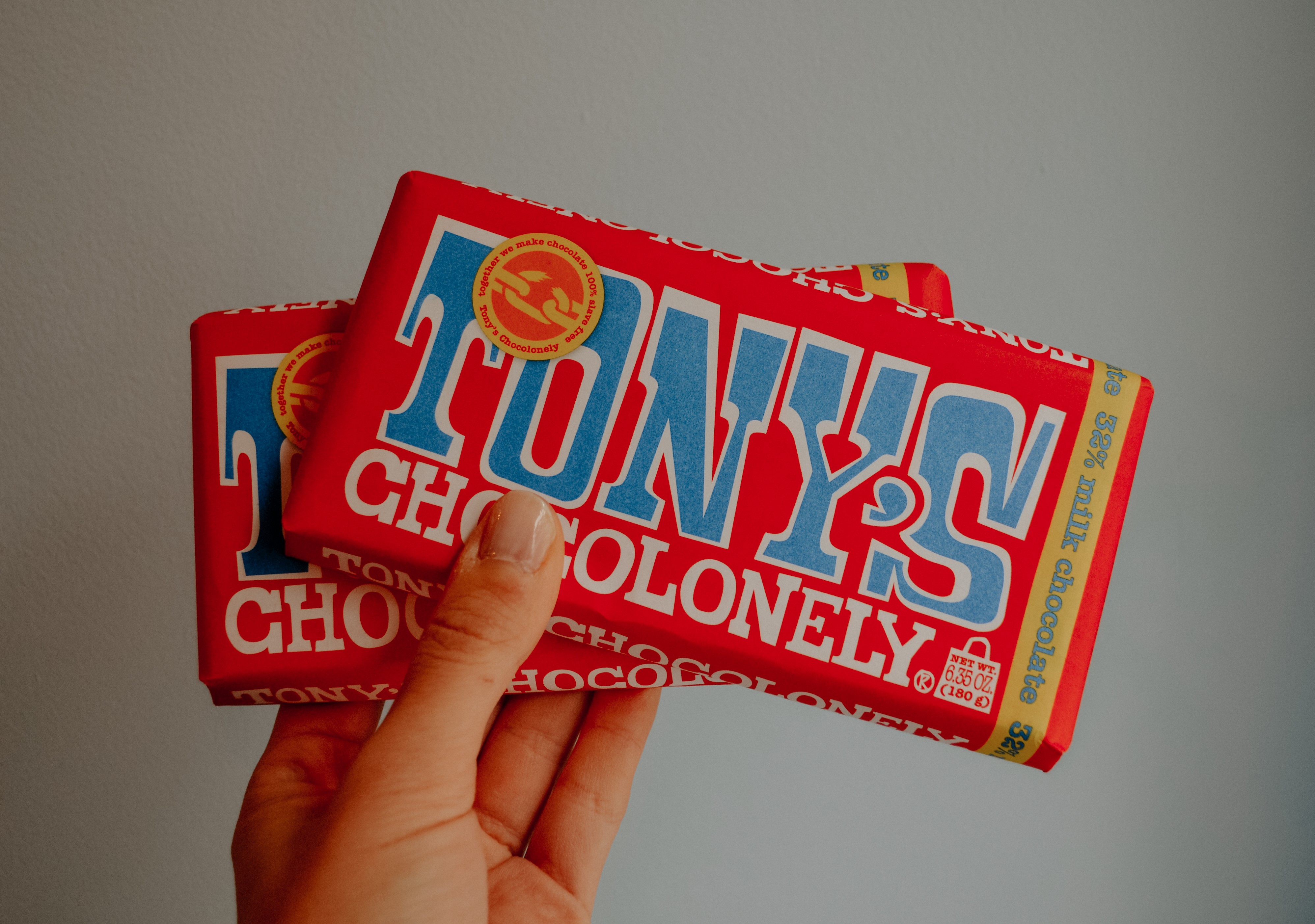If you’re reading this, you’re probably a little too old to go trick-or-treating on Halloween. But hopefully you got some chocolate in the past few weeks– we’ve definitely needed it as election results came in.
This fall, I’ve been learning about human rights violations in various industries, from fashion to chocolate. This led me to watch The Chocolate Case, a documentary that follows three Dutch journalists in their journey to produce slave-free chocolate.
Here’s what I learned.
Supply Chains Are Very Difficult to Investigate
At the beginning of The Chocolate Case, the journalists investigate a variety of foods, such as processed meat. When they cover chocolate, they’re shocked by the allegations of child slavery and forced labor in the chocolate supply chain. Calling major chocolate companies like Nestlé doesn’t get them any answers. They even attempt to be convicted in court for financing child slavery by eating chocolate made from cocoa beans harvested by child slaves.
Anticipating a new edition of Charlie and the Chocolate Factory, the journalists set out to create a slave-free chocolate bar to accompany the release of the movie. They contact Ben and Jerry’s to inquire about creating a new flavor of ice cream, but aren’t successful. When they do find a company that claims that their chocolate is ethically sourced, the journalists struggle to confirm it– and ultimately travel to West Africa to investigate the Fair Trade co-ops themselves.
Slow but Meaningful Progress
The three journalists create their own chocolate bar, named “Tony’s Chocolonely.” When they travel to the cocoa farms to meet farmers and ensure that they are fairly compensated, they’re met with the bureaucracy of the Fair Trade system. Conversations with farmers, who say that they have never received the Fair Trade premium for their cocoa, are directly contradicted by administrators.
As Tony’s Chocolonely grows into a popular European brand, they streamline their supply chain and focus on building direct relationships with farmers. This means making better business decisions while prioritizing transparency. For example, the journalists hire experienced business professionals to run the company’s operations. However, they also add team members with the sole purpose of acting as the intermediary between farmers and the operations of the business– a role that doesn’t add monetary value to the business, but does help to ensure that farmers are treated fairly.
Chocolate as a Tool for Social Impact
I was very excited to discover that Tony’s Chocolonely continues to make chocolate and to fight against child labor. I bought one of their milk chocolate bars– and it’s very delicious.

Tony’s Chocolonely continues to advocate for a slave-free cocoa industry. Activism is central to their brand– from educational tools on their website to an annual impact report that showcases their efforts to produce slave-free chocolate.
Like other sustainable and equitable brands, Tony’s Chocolonely is committed to paying their workers a living wage. They do this by paying their farmers an additional premium on top of the Fair Trade premium. This results in higher prices for their chocolate, but it ensures that the market price of their chocolate bars will provide farmers with a living income.
There’s a long way to go in eradicating child labor and slavery from the chocolate supply chains– and from many other supply chains. A 2015 report from Tulane University, and more recently a Washington Post investigation, demonstrate the prevalence of illegal labor practices and human rights abuses. As a social enterprise, Tony’s Chocolonely is leading the charge– but action by consumers, institutions and governments seems necessary to confront a growing problem. The existence of child labor cannot be separated from governance and poverty issues in West Africa.
Watch The Chocolate Case on Amazon Prime, and learn more about the chocolate supply chain in Rotten Season 2, Episode 5: “Bitter Chocolate” on Netflix.
Learn more about Tony’s Chocolonely at the “Tony’s Unfair” on Dec. 3.
Last thing, I promise: the US Supreme Court will hear arguments on Dec. 1 over alleged child labor in the supply chains of Nestlé and Cargill in Mali. Tony’s Chocolonely submitted an amicus brief, basically a statement of support for one of the sides in a Supreme Court case, on behalf of those alleging that forces child labor occurred.
Interested in learning even more? I’ll be covering that Supreme Court case and writing more about this topic in the coming months– bookmark novelhand.com to stay in the know.
- College Football, Ariana Grande, and Water - September 3, 2023
- Livestock and Land Use: How Are We Feeding The Planet? Impactfull April 2022 - April 19, 2022
- What Does Voluntourism Look Like? A Case Study in a Cambodian Orphanage - March 28, 2022